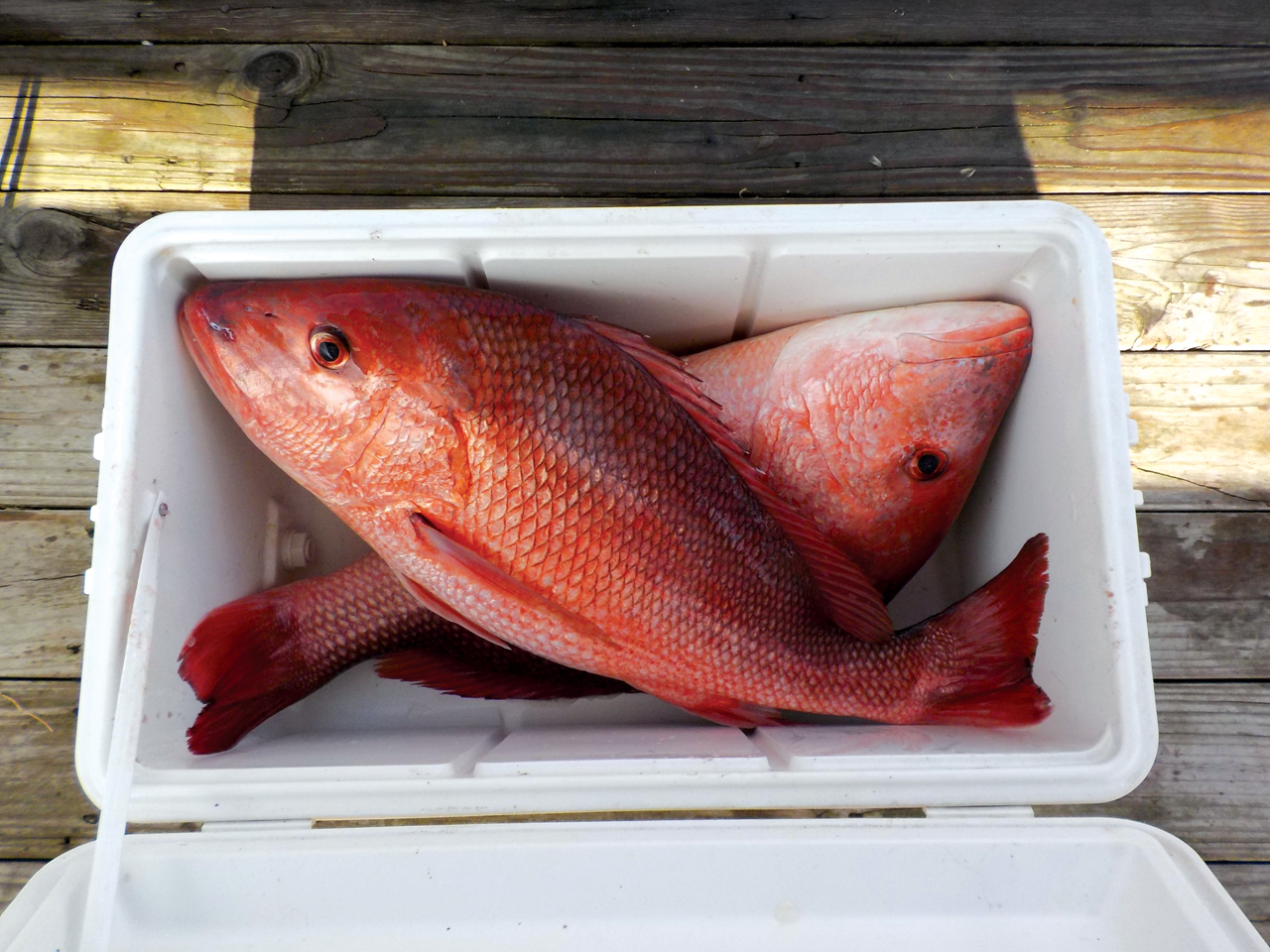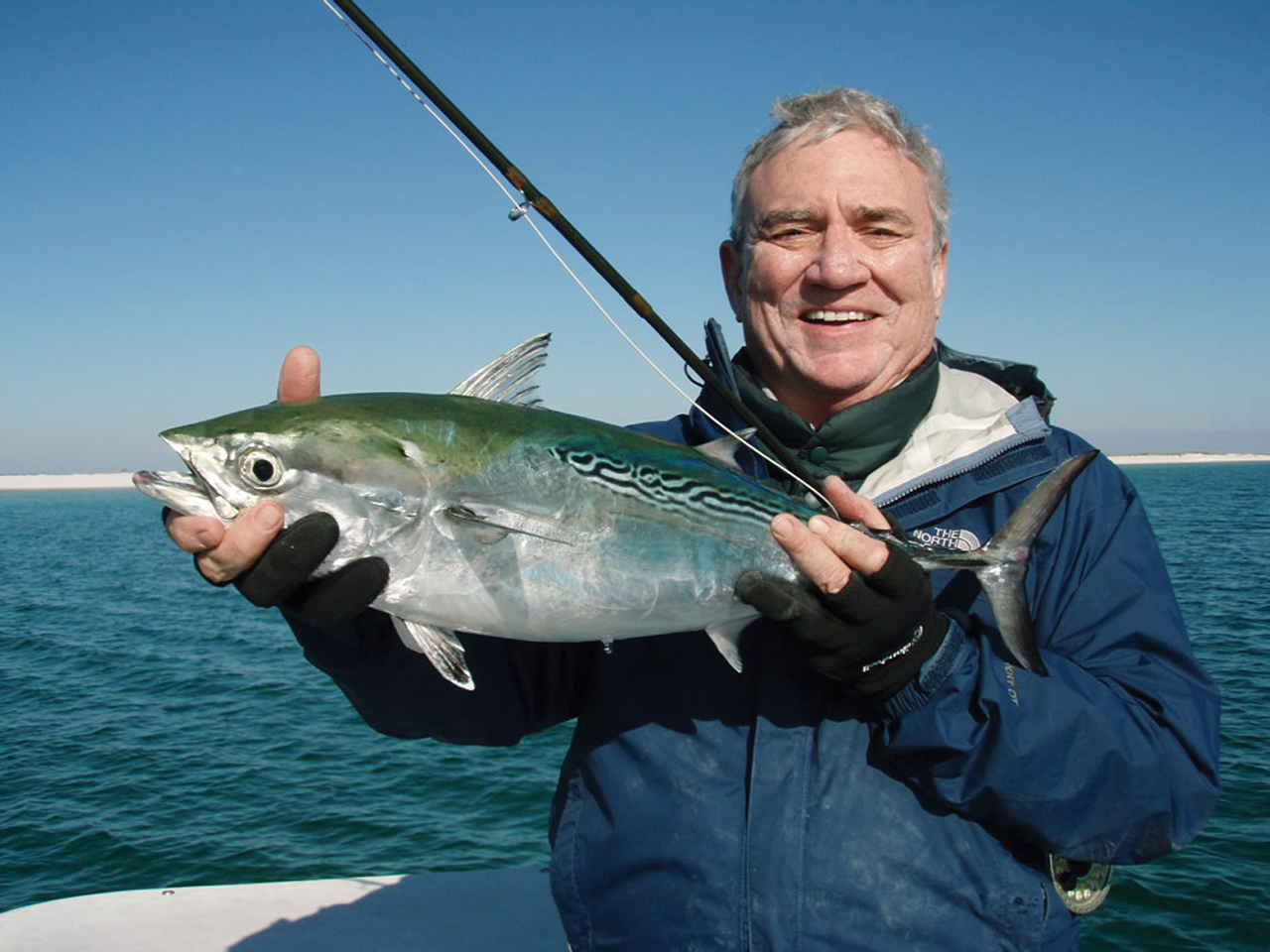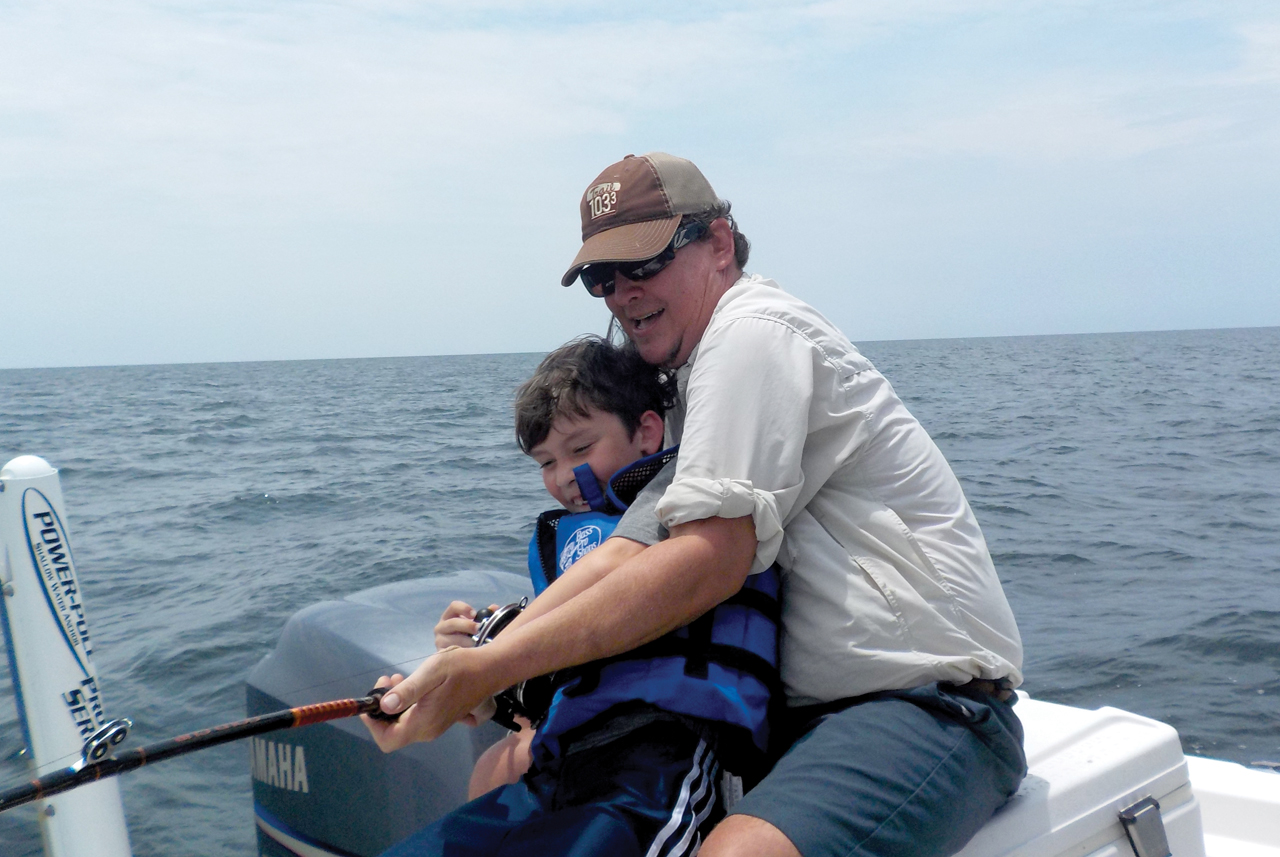
It’s been 25 years since my book, “Fly Fishing Through the Midlife Crisis,” made the best-seller list of The New York Times. I was pretty much a fly fishing purist in those days when I was more tolerant of the irritants of airplane travel and willing to fish anywhere in the world that struck my fancy. Now I tend to identify more with the 15th chapter of that book, which is entitled “Back Sliding Down the Redneck Way.”
The chapter elaborates on an autobiographical statement that appears in the opening pages: “I was born in the Heart of Dixie and raised in the Redneck Way of Fishing.” If you are one of those Southerners still touchy about the word “redneck,” stop reading now. To me, it connotes the joys of live-bait fishing that I learned on Guntersville Lake and on the Gulf waters at Panama City. Now that I’m back on the Gulf Coast at Mayberry-by-the-Bay, better known as Fairhope, I’ve drifted back to the basics with the notable exception that I try not to kill any fish that I’m not going to eat right away. It’s usually not much of a sacrifice, since I find freezing takes the bloom off the flavors of redfish and speckled trout. I do bend the rules, though, when it comes to freezing the two species that have Proustian resonance for me, crappie and red snapper.

I have lived long enough to see two major epidemics of football mania, those triggered by Bear Bryant and Nick Saban. And I have seen two major episodes of red snapper mania on Gulf waters, that of the 1950s and the one now raging among voting-age Alabamians about the laws governing the snapper catch. A cultural anthropologist could measure the state of red snapper derangement in any number of ways. My favorite is the fact that the congressman who represents me in Washington is dead set against the universal health care that is so badly needed in rural South Alabama, but never misses a chance to speak out against federal interference on state snapper rights.
The snapper wars have revived because for the first time since the ’50s there are enough of them to fight over. Shortly after the end of World War II, my father opened a motel on a deserted stretch of beach 16 miles west of Panama City. One of the services he provided to guests was to tell them which party boats to avoid. As a 6-year-old, I helped with the research by strolling the municipal dock with him when the boats came in with their catches strung up for inspection. Any captain that had too many grouper to suit my father was stricken from his recommendation list. People from Birmingham and Atlanta were paying $165 a week to stay with us, and he wanted to send them home with red snapper, not “coarse” black grouper or “wormy” red grouper. By the 1970s when my brother and I fished his boat on the snapper banks off our motel, it was hard to find a snapper on our usual spots. One day, I asked a grizzled old cracker at the marina what had happened to the fish, and he summarized it thusly: “Son, they all went to Birmingham and Atlanta in Igloo coolers.”

Simplistic perhaps but true as a parable about overfishing that escalated when hand lines were replaced by electric reels and skilled amateurs competed with the commercial fleet. All that changed with an uncharacteristically sensible form of environmental intervention by Alabama legislators, who usually devote themselves to defending industrial polluters of the five rivers flowing into Mobile Bay. The tens of thousands of legally installed artificial reefs in the northern Gulf mean there are more red snapper than ever for the taking.
The other essential component is the catch limits, which commercial fishermen, who like to describe themselves as an endangered species, want to erase so they can return to 20th-century levels of excessive harvesting. I comfort myself that at 75 I’ll be stranded ashore before they can wipe out the species once again. Meanwhile, my grandson Jack has been exposed to the magnificent red snapper in my son Ben Raines’ amazing honey hole off Orange Beach. We’re already planning that come Memorial Day next year, three generations of Raines men — Jack, his dad Jeff and his uncle Ben — will once again have the pleasure of dropping cigar minnows over the side of my center console boat.

As for crappie, it is the fish that even more than red snapper brings out the liar in me. Pennsylvania has its own redneck fishing tradition, but fortunately it focuses on hatchery trout rather than the fish that Northern anglers call calico bass. My late brother Jerry Raines, whose devotion to the species reached OCD levels, and I were surprised to discover a largely ignored crappie fishery near my summer home in the Pocono Mountains. In time, our catches caught the eyes of fellows in bass boats, and we were glad to comply with their requests for instruction. We said we favored Cabela’s 1/32 ounces Marabou jig in white suspended about three feet under a cork. We neglected to mention that we impaled a lively minnow on the jig’s hook.
Deep-fried crappie or snapper, sweet onions, homegrown tomatoes, homemade tartar sauce — north or south, freshwater or salt, their captures described truthfully or with Trumpian mendacity — these are the jewels in the crown of the Redneck Way of Fishing.
Howell Raines is a Pulitzer Prize-winning journalist and an author of four books. He has worked for Alabama news outlets, The Atlanta Constitution and St. Petersburg Times. He joined the Atlanta bureau of The New York Times in 1978. In his 25 years at the Times, Raines held many positions, including national political correspondent, White House correspondent, editorial page editor (1993-2001) and executive editor (2001-2003). In 1993, he won the Pulitzer Prize for feature writing for “Grady’s Gift,” a New York Times Magazine article. He has written four books: “Whiskey Man” (a novel), “My Soul Is Rested” (a history of the civil rights movement),“Fly Fishing Through the Midlife Crisis” and “The One That Got Away” (memoirs). He and his wife divide their time between homes in Fairhope and Henryville, Pennsylvania.





